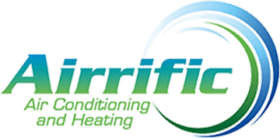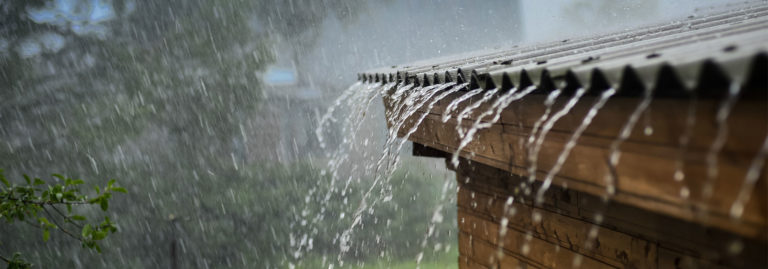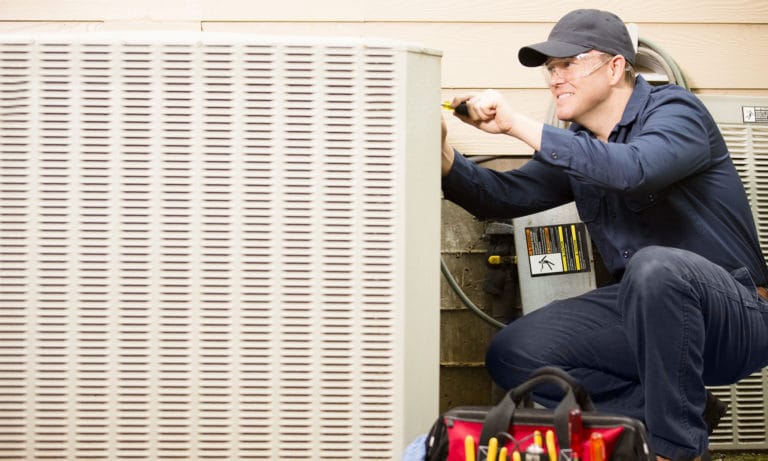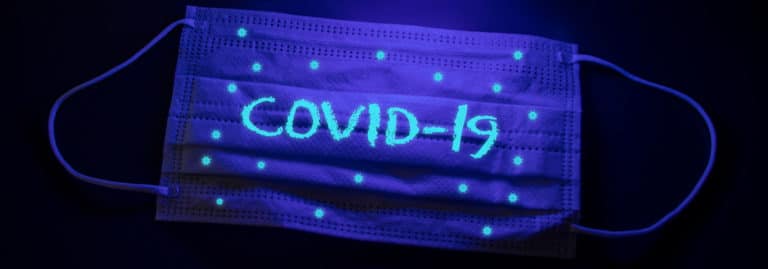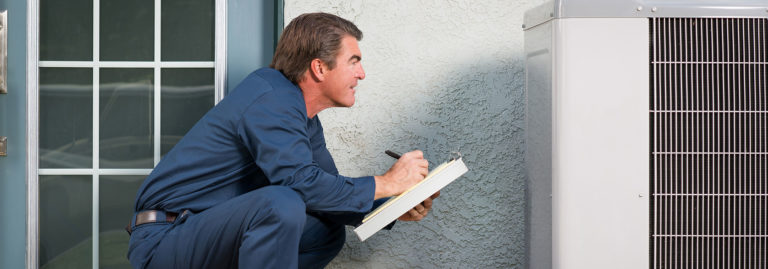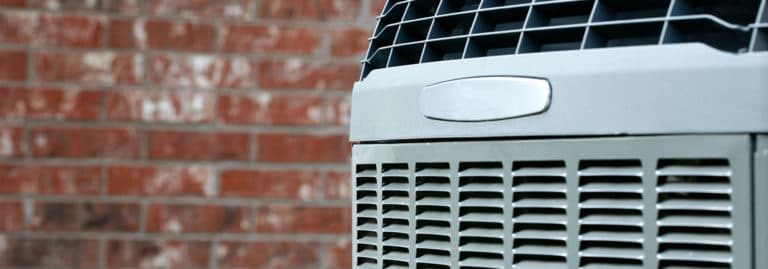What Type of Heater Is Right for Your Home?
What to Consider When Selecting a New Heater
Are you happy with your existing heater? Perhaps you’re looking for ways to improve the comfort level in your home? Regardless of your motive, shopping for a new heater should be exciting. At Airrific Air Conditioning and Heating, we are passionate about heating, and we love helping customers find the right products and services for their needs.
When picking out a new heater, you should consider:
- The size and configuration of your home
- What you like and dislike about your existing heating system
- What features you want in your new system
- If you want to have things like humidifiers, dehumidifiers, air cleaners, or germicidal UV lights incorporated into your new system
- Your budget
Keep reading for an overview of several different types of heating systems and their unique benefits.
Forced Air Heating Systems
This type of heating system is the most common one found in residential homes in the US. It is also what most people think of when they think of a heater. Forced air systems utilize a furnace to generate heat, and then that heat is pushed through the house via air ducts. To accomplish this, furnaces rely on a fuel source, such as natural gas, propane, oil, or electricity.
Depending on your home’s age, you may have what is known as a gravity air furnace system. These systems were the forerunners of forced air systems. Their operation relied on the simple fact that hot air rises and cold air sinks. Typically, these systems had a furnace installed in the lowest level of the house, and, like forced air systems, they also relied on a network of ducts to distribute the air through the house.
The Benefits of a Forced Air System
Part of why this type of system is so attractive to homeowners is that it can also filter your home’s air. This means that not only are you kept warm all winter long, but you also see a reduction of dust and allergens. Another benefit is that humidifiers or dehumidifiers can be incorporated into their systems. Perhaps surprisingly, the humidity level in your home makes a big difference in comfort levels. More humid air feels warmer, while less humidity feels cooler.
Forced air heating systems also tend to be relatively inexpensive to purchase and install. They are also long-lasting, with your average forced air heater lasting for around 15 years if properly maintained.
Heat Pumps
A common alternative to forced air systems, and gaining popularity in the US, are heat pump systems. Unlike forced air furnace systems, heat pumps do not have to burn fuel to produce heat. In fact, they do not produce heat at all. Instead, they move heat from one area to another.
These innovative systems pull heat from the air outside and move it inside to heat your home. More advanced systems can pull air from a ground source or a water source and move it inside. These types of heat pumps are often called geothermal heat pumps.
You may have seen or even used one of these without realizing it. Mini-split ductless systems are a type of air-sourced heat pump and are often installed in garages and home additions.
Benefits of Heat Pumps
Typically, heat pumps rely on electricity to operate and are designed to be very energy efficient. With dual functionality, they can be used to both heat and cool your home. They also offer zoned cooling as individual units are installed in each area. This means you only heat the room you are in, therefore saving even more on heating costs. They also do not require ductwork, and therefore are great for remodels and situations where you do not have existing ductwork. Heat pumps also tend to be quieter than forced air systems.
In-Floor Radiant Heating
Do you hate the feeling of your feet hitting an unforgivingly cold floor each morning? Then you might want to consider in-floor radiant heating systems. With this heating system, tubing is installed in your flooring (typically concrete slab flooring). A boiler heats water and then moves the hot water through this tubing, gently heating your floors. Unlike forced air systems and heat pumps, radiant heating warms the flooring and objects touching the flooring instead of directly heating the air.
Benefits of Radiant Heating
Though these systems are an investment, they provide excellent, efficient heating. They can be slow to heat up initially, but the warmth they provide is even and consistent. They are also some of the quietest heating systems available. One thing to remember when considering radiant heating is that repair work can be more complicated as accessing the heating tubes in the flooring can be difficult.
Radiator and Boiler Systems
Are you feeling nostalgic? Radiator and boiler heating systems are often considered old-fashioned. Indeed, they have been used in homes around the world for well over a century. While these systems are not very popular in the US today, you can still find them in older homes and buildings. Many homeowners are phasing out their old radiator and boiler systems for newer, more efficient boilers or new heating systems entirely. This is because boilers and traditional radiators take up a lot of space and can be unsightly.
Baseboard Radiators
A more modern radiator/boiler system is the hot water baseboard radiator. Also called hydronic systems, they use a boiler to heat water, which is then moved through pipes in baseboard heating units. These systems are very similar to old-fashioned radiator systems and are remarkably energy efficient. Because they are placed along baseboards, they allow heat to rise naturally, heating the room.
Are You Ready for a New Heater?
If you’re in the market for a new heater, chances are you have a lot of questions. With so many different types of heaters on the market, not to mention even more makes and models to choose from, this decision can be overwhelming. However, armed with a little knowledge and help from our heating professionals, you are sure to find the heater that is right for you.
Need Heating Installation? Talk to your air conditioning repair experts at Airrific Air Conditioning & Heating today! Call (941) 371-3355.
